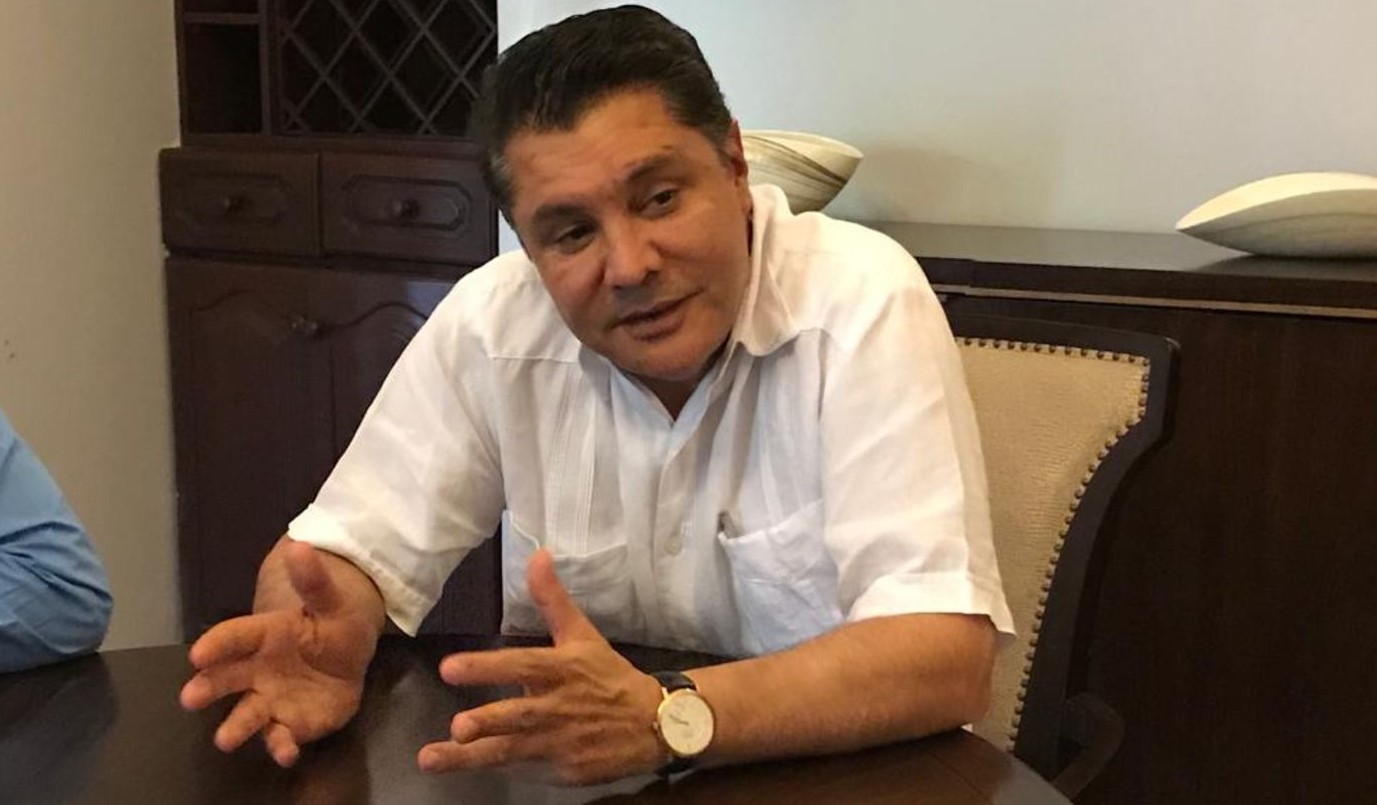Prime
Rostam wants clear investment policy for locals’ empowerment

Mr Rostam Aziz
What you need to know:
- Prominent businessman says while foreign investment is crucial, local investors should be given priority in areas where Tanzanians are capable
Dar es Salaam. Prominent businessman Rostam Aziz has called for a clear and structured national investment policy that balances the roles of local and foreign investors in Tanzania’s economy.
In a widely circulated video, Mr Aziz said that while foreign investment is crucial, local investors should be given priority in areas where Tanzanians are capable. He said real nation-building occurs when locals are empowered to drive economic growth.
“Foreign investors are important, especially in highly technical sectors. But we must also protect spaces for local investors to grow. Some projects should be reserved for Tanzanians, while others may require partnerships,” he said.
Mr Aziz pointed to the planned $42 billion liquefied natural gas (LNG) project as one that requires global expertise.
“Only a few companies in the world have the capacity for deep-sea gas extraction—100 kilometres offshore and 10 kilometres below sea level. In such cases, it is in our national interest to invite foreign investors.”
However, Mr Aziz stressed the importance of creating structured partnerships for large-scale projects where Tanzanians lack capacity.
“There should be a clear policy: some sectors should involve joint ventures and others should be fully reserved for Tanzanian investors,” he added.
He also called for preferential treatment for Tanzanian companies in government tenders, especially in infrastructure such as roads and bridges, which are funded by taxpayers.
“When these tenders go to local firms, the money stays within the economy, creating jobs and building domestic capacity.”
Mr Aziz’s remarks came just days after the government issued the Business Licensing (Prohibition of Business Activities for Non-Citizens) Order, 2025, which bars foreigners from engaging in 15 small-scale economic activities.
The order, published on July 28 under Government Notice No. 487A and signed by Industry and Trade minister Selemani Jafo, prohibits foreigners from engaging in such activities as retail and wholesale trade (excluding supermarkets), mobile money transactions, small-scale manufacturing, tour guiding, real estate brokerage, parcel delivery services and the operation of micro and small industries.
Others include domestic and environmental cleaning services, on-farm crop purchasing, clearing and forwarding services and small-scale mining operations.
Also restricted are the operation of gambling machines outside casino premises, the establishment and running of radio or television stations and the operation of museums or curio shops.
While the move was welcomed by many Tanzanian entrepreneurs, it triggered concerns in some neighbouring countries. Members states of other East African Community (EAC) member states, analysts say, deserve preferential treatment under regional integration agreements.
“Exceptions may be necessary, but they should not be used to justify foreign dominance in areas where Tanzanians are competent,” Mr Aziz said.
He praised the government’s action to protect local entrepreneurs but warned that without a long-term strategy, the country risks fragmenting its investment environment.
“We want foreign investors to bring in new capital—not exploit our systems and resources just to take profits back home.”
Mr Aziz urged policymakers to ensure that a significant portion of public tenders are allocated to local firms. “That’s how we grow Tanzanian industrialists. We need discipline, a plan and the political will to implement it.”
Several economists echoed Mr Aziz’s sentiments, saying a national investment map would eliminate ambiguity and boost investor confidence. They proposed a framework categorising sectors based on strategic importance, technical complexity and domestic capacity.
Dr Mwinuka Lutengano from the University of Dodoma said the roadmap should clearly indicate which sectors are reserved for Tanzanians, which require joint ventures and which can be open to full foreign ownership.
“Without a structured approach, we risk inconsistent policies, missed opportunities and reduced local empowerment,” he said.
Dr Lutengano warned that confusion over investment policy could undermine efforts to build a resilient economy.
“Let’s be clear about where foreign capital is essential and where local participation must be protected or prioritised.”
Dr Isaac Safari of Saint Augustine University of Tanzania added that the objective is not to exclude foreign investors but to align their participation with national development goals.
“Where Tanzanians have the ability, they should lead. Where expertise is lacking, foreign investors can step in, ideally through partnerships,” he said, adding that this model would facilitate technology transfer, job creation and capacity building in sectors where Tanzanians have historically been underrepresented.
The executive director of Research on Poverty Alleviation (Repoa), Dr Donald Mmari, also backed the idea, noting the need to link investment strategy to Tanzania’s long-term development agenda.
“The ultimate goal is inclusive economic growth. If locals remain marginalised in investment, whether small or large, we risk worsening inequality,” he said.
Dr Mmari proposed that the national investment map be structured in three tiers: sectors reserved strictly for Tanzanians, sectors requiring joint ventures and sectors open to 100 percent foreign ownership, depending on technical or strategic considerations.
He emphasised that implementation should be backed by strong oversight and policy enforcement, alongside business development support for Tanzanian investors.



